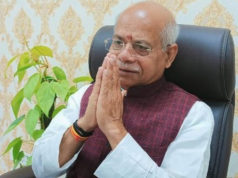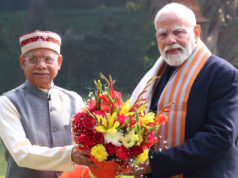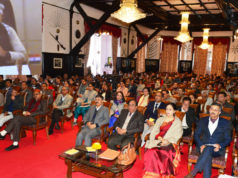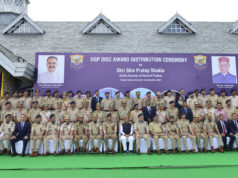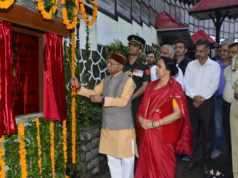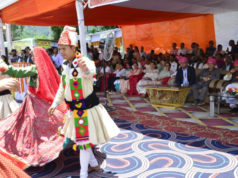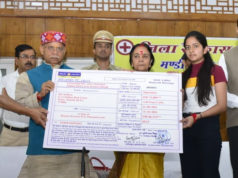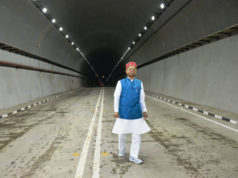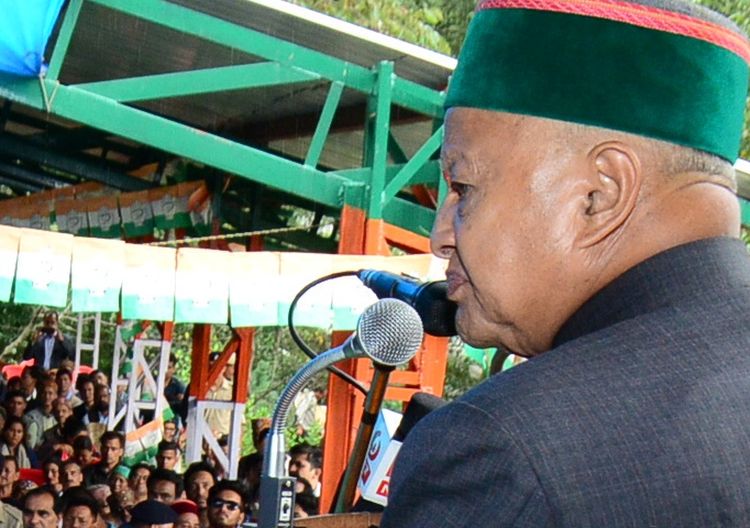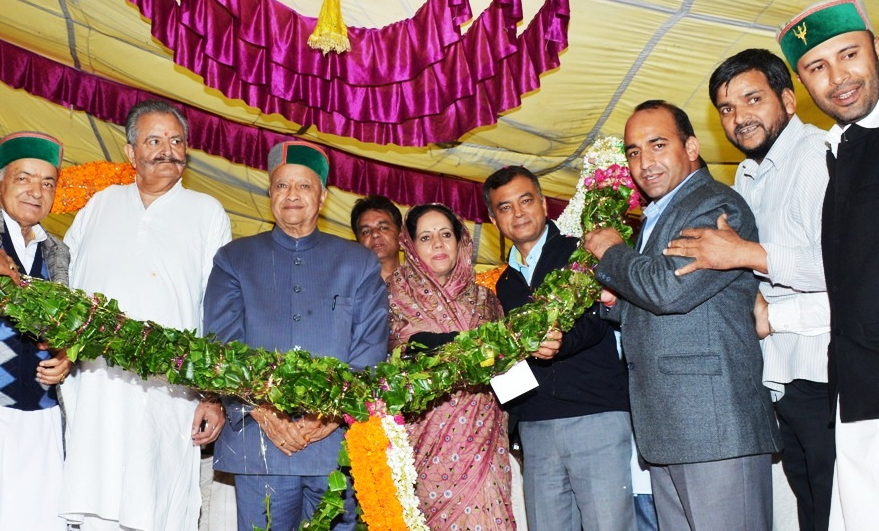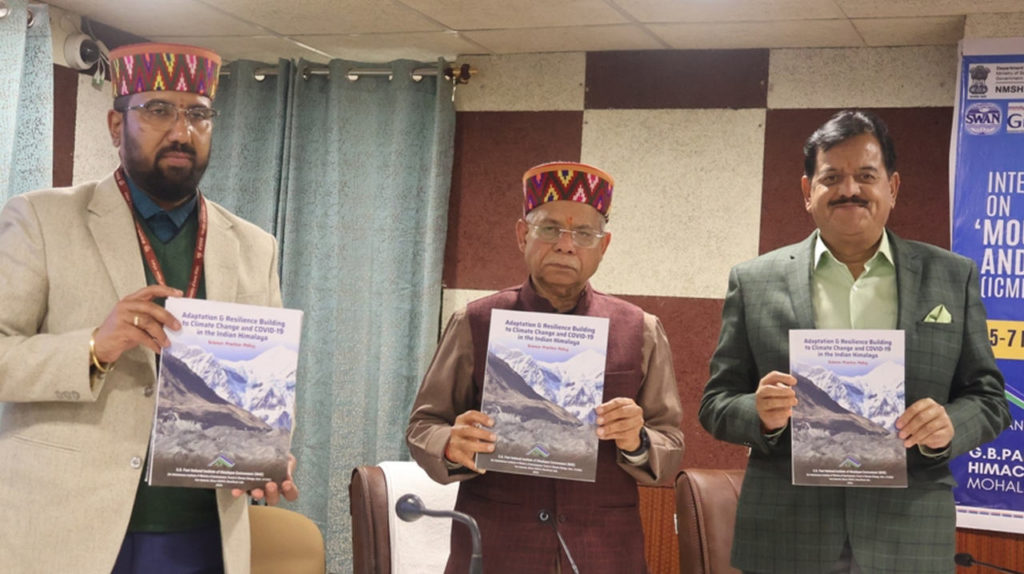
Kullu – In a three-day International Conference on ‘Mountain Ecosystem Processes and Livelihoods,’ Governor Shiv Pratap Shukla underscored the significance of research-driven approaches for sustainable development in hilly terrains. As the Chief Guest at the event organized by the Govind Ballabh Pant National Institute of Himalayan Environment in Kullu, Governor Shukla advocated for a paradigm shift in developmental strategies.
Governor Shukla commended the institute’s efforts in advancing scientific research, integrating management strategies, and conserving natural resources in the Himalayan region.
During his speech, the Governor addressed the pressing need for a research-oriented approach, especially in the aftermath of the unexpected natural disasters that befell the state last year. He emphasized that such research could provide invaluable insights for formulating strategies that align with the unique ecological challenges faced by the hilly areas.
Expressing deep concern over construction activities along riverbanks, Governor Shukla stressed the importance of understanding and respecting mountain ecosystem processes. He urged a thorough consideration of sustainable livelihood issues, emphasizing the delicate balance between development and ecological preservation.
Highlighting the crucial role of water and forests in environmental conservation, Governor Shukla proposed a region-specific approach to planting saplings, tailored to the diverse geographical conditions. He called for a collective effort to safeguard the environment, promoting practices that ensure the sustainability of the ecosystem.
As the conference concluded, Governor Shiv Pratap Shukla urged the organizers to compile a comprehensive report encompassing the research statements presented during the event. The report, he suggested, should be shared with both the State and Central Governments to contribute to informed policy decisions and actions in the future.
Governor Shukla’s call for research-based, sustainable strategies marks a significant step towards fostering a harmonious relationship between development and ecological preservation in the challenging landscape of the Himalayan region. The insights gained from this conference are expected to serve as a guiding beacon for future developmental initiatives in hill areas.


